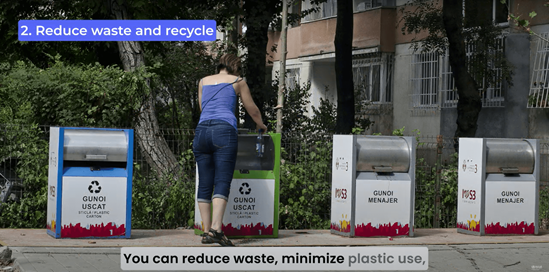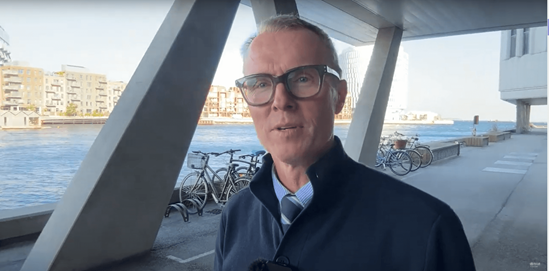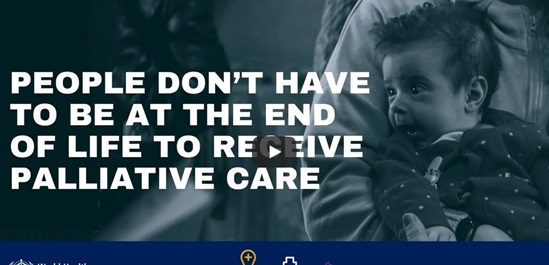Helping countries ensure equitable access to affordable medicines
Medicines are essential for the prevention and treatment of diseases, and thus also for the protection of public health. They are also responsible for a substantial part of health care costs. In a number of countries in transition in the WHO European Region, ensuring regular access to good-quality, safe and affordable medicines is still a challenge: a one-month treatment of simple hypertension, for example, can cost up to 35 days' wages, most of which is paid out of pocket.
WHO/Europe works with countries to help them ensure that people have equitable access to affordable medicines of assured quality, and that medicines will be prescribed and used appropriately by:
- providing direct technical and policy support to countries (especially countries in transition);
- facilitating networks on policies related to drug regulation, quality, pricing, reimbursement and responsible use;
- building capacity through training and setting up systems for the regulation, provision and use of medicines in countries;
- providing evidence-based tools for implementing pharmaceutical policies;
- supporting monitoring of implementation of policies in countries and networking among countries and professionals;
- working in partnership with the European Centre for Disease Prevention and Control; the European Union; the Global Fund to Fight AIDS, Tuberculosis and Malaria; the United Nations Children's Fund; the World Bank; nongovernmental organizations; and academic and professional institutions and networks; and
- working closely with WHO headquarters, particularly with the essential medicines and health products programme.












